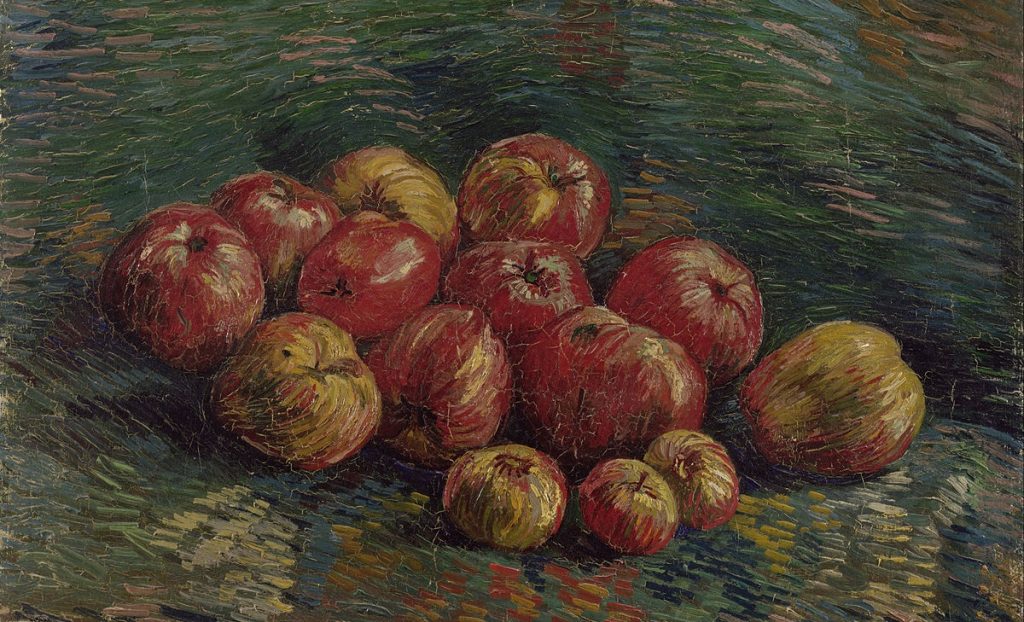It is increasingly clear that free trade, in all its forms is good for everyone. Ever since David Ricardo introduced the concept of comparative advantage as the ultimate argument against the mercantilist policies that had dominated until then. Simply put, in cases where one party has an absolute advantage in the production of a particular good, both parties should produce what they are best at and then trade with each other. In this way, both parties benefit more than if trade did not exist.
However, the misconception that wealth is a limited pie – the belief that the only way to get rich is to steal wealth from others – is still deeply entrenched in today’s society. When resource wars became too costly, governments replaced them with trade wars only. But as the French economist Frederic Bastiat once said, “where goods will not go across borders, soldiers will”. Trade wars are therefore only postponing bloody conflicts for the future.
After World War II in the 20th and 21st centuries, we have seen many cases where countries have decided to liberalize their trade. In the examples of countries like Japan, New Zealand and Estonia, we can see that trade has become the main weapon of their economic growth. And these countries did not have any magical mineral reserves.
Globalization can then be considered the highest stage of international trade. The opportunity to share culture, technology, goods and know-how with people on the other side of the world. Unfortunately, just like international trade in the modern era, globalization is still regulated and there are even voices being raised to suppress it.
However, Johan Norberg demonstrates through his long-term research that cultures and nations that have given free rein to this passage and sharing in the past have prospered far more than those that have tried to suppress it. In fact, the sharing of ideas between two or more people leads to the creation of new ideas not at a linear but at an exponential rate, and again the whole world benefits from these interactions thanks to globalization and the way it spreads them.
With market globalization, technology spreads more easily across borders. This leads to faster growth of poorer nations moving closer to the existing economic leaders, while at the same time new members are gradually joining the lands of ideas. Thus, once again, the development of new technologies and ideas is accelerated.
Despite its undeniable advantages, crowds of their critics are mobilizing, whether they are nationalists from the left pole ( Bernie Sanders, Jeremy Corbyn, Robert Fico) or the right pole ( Donald Trump, Viktor Orbán) of the political spectrum. Their criticisms, however, lack solid logical arguments, because these were refuted long ago in the days of mercantilism, and rather than logic, these politicians are guided by Carl Schmitt’s principle of seeking an external enemy. For them, globalization is thus just a red rag to cover their own ideological emptiness.
By suppressing globalization, then, we are not only harming ourselves, but also preventing the poor from getting out of their predicament. This is not a zero-sum game, and although the negatives are sometimes highlighted, such as the disruption of supply chains in times of Covid, there is no better way than to open the borders and not interfere.
Written by Filip Blaha, analyst et Centre for Economic and Market Analysis



